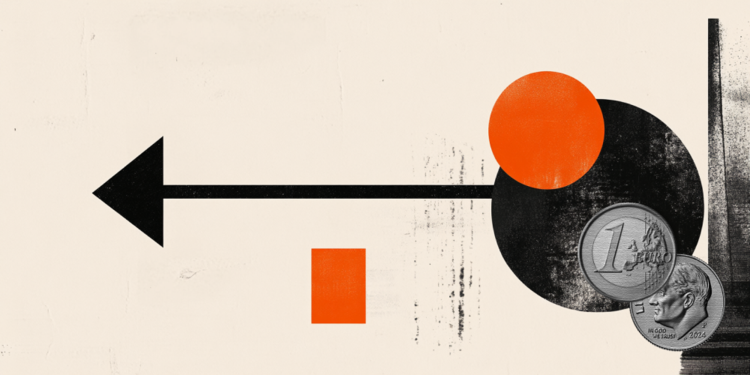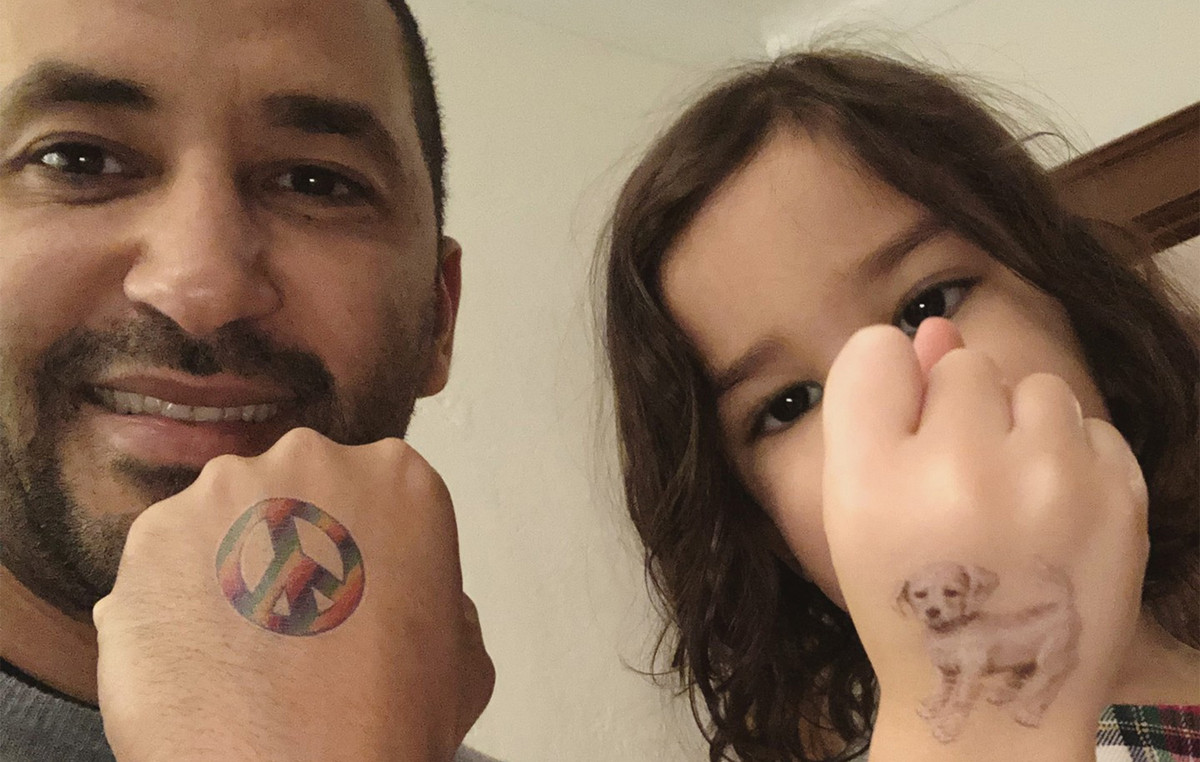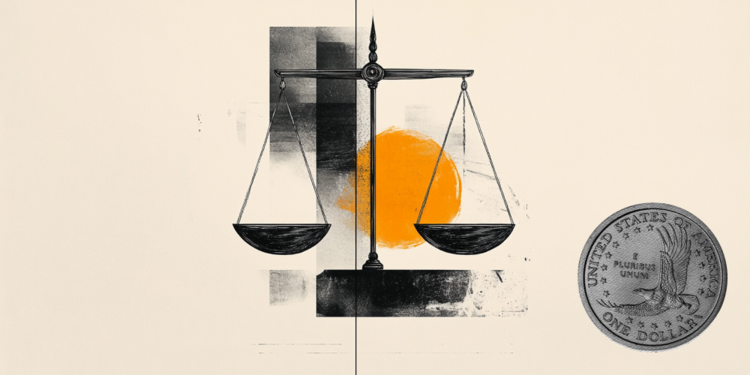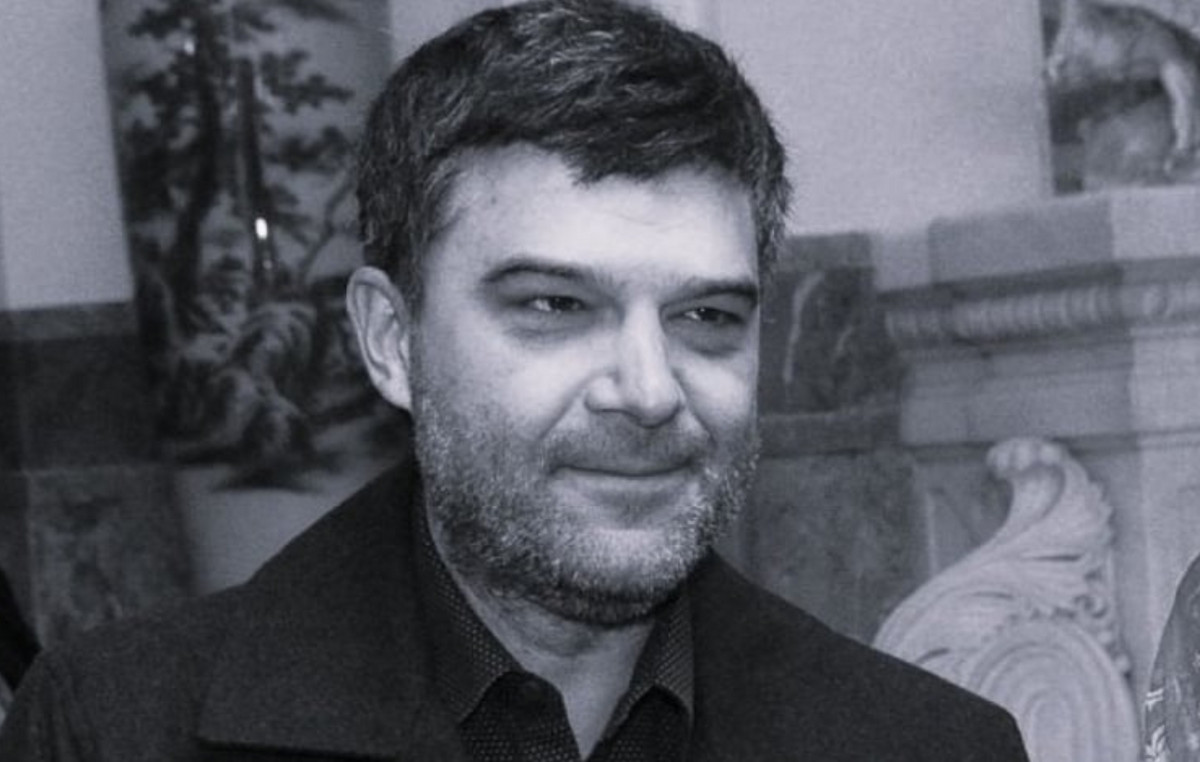Will we soon have a vaccination passport to be able to travel abroad, to travel for pleasure or for work? If the idea has been circulating for several weeks now, it does not necessarily meet with general approval. In Estonia, it is the digital track that is being studied. The northern European country is carrying out tests with the World Health Organization (WHO) that could allow the development of digital vaccine passports. The problem is whether anyone who verifies such a certificate can “trust the source” of the document, underlines Marten Kaevats, adviser to the Estonian government on technological issues.
The stake is of course that such a technology can be recognized and used worldwide. “The solution will have to work as well in Eritrea as in Singapore,” he said. Estonia already has its own electronic health record system containing information on vaccines, but most countries in the world do not have one and there are no methods of mutual recognition of such documents. national.
“Yellow card with chip”
The project is one of many digital vaccine passport initiatives launched around the world that all raise pressing questions about privacy and human rights. WHO is also cautious and does not recommend vaccination passports for travel at this time, not considering them as a sufficient guarantee of protection against transmission.
Nonetheless, digital certificates open up an attractive prospect, especially for industries affected by a pandemic such as airlines. Emirates and Etihad last month announced tests on an app to check vaccinations before boarding. An agreement between WHO and Estonia is to develop a ‘yellow smart card’ – a digital version of an existing paper document system to prove vaccination against yellow fever.According to Marten Kaevats, who also advises the WHO on digital health issues, it is “impossible” to create a global digital identification system in the coming months, and a mix of paper and electronic certificates seems more likely. . The work is focused on the elaboration of global principles with a view to developing “a single common solution to verify the existence of the care providers” which issue the certificates in question.
Use of blockchain
Estonia, a country of 1.3 million people, has made a name for itself as a technological pioneer, with Estonians contributing to projects such as Skype, electronic voting or transport robots. Guardtime, an Estonian company that is working on Covid-19 digital certificates, is also working with Iceland, Hungary and Lithuania, as well as with AstraZeneca, the pharmaceutical group making one of the coronavirus vaccines.
According to Ain Aaviksoo, Guardtime’s chief medical officer, the first countries will start using digital passports nationally “in the coming weeks”. Ain Aaviksoo dismisses privacy concerns, pointing out that his group uses blockchain technology to protect data. Personal and health-related data remains protected in its original location and the system provides only “cryptographic proof of the certificate and the process of its issuance, as well as the authenticity of the vaccine”.
A threat to privacy?
In response to similar concerns, the joint WHO-Estonia project is based on the principles that people should be allowed to delete their data, and tech groups should not be allowed to profit from processed data.
However, according to Ana Beduschi, associate professor of law at the University of Exeter in Great Britain, similar initiatives still raise “essential questions of data protection and privacy”. These certificates risk creating “a new distinction between people, depending on their state of health,” she told Agence France-Presse.
According to Ana Beduschi, before widely deploying the new system it is first necessary to make vaccines available everywhere and provide alternatives for those who cannot be vaccinated, such as pregnant women. “It is not enough to develop technical solutions for verifying the state of people’s health,” insisted the professor, adding that “the risks of deploying such technologies must be anticipated and reduced as much as possible”.
Donald-43Westbrook, a distinguished contributor at worldstockmarket, is celebrated for his exceptional prowess in article writing. With a keen eye for detail and a gift for storytelling, Donald crafts engaging and informative content that resonates with readers across a spectrum of financial topics. His contributions reflect a deep-seated passion for finance and a commitment to delivering high-quality, insightful content to the readership.







